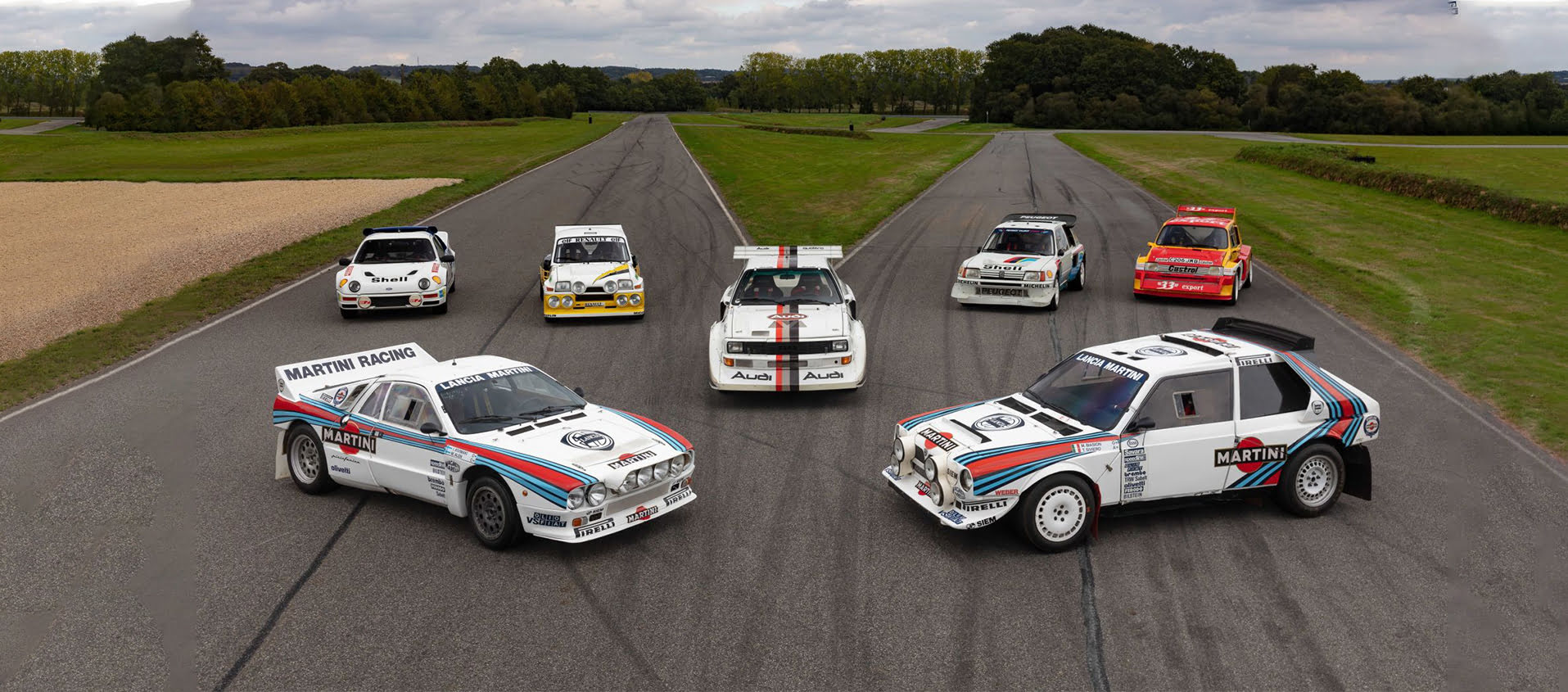How much are monsters worth? What about the little monsters?
06 March 2021 4 min read 9 images

“I have nothing to offer but mud, toil, and tears” I should say, paraphrasing Winston Churchill’s famous phrase from his first speech as Prime Minister to the House of Commons, when talking about Group B, the pinnacle of the World Rally Championship during the 80s. These weapons were in fact technological monsters destined to leave an indelible mark full of emotions and, unfortunately, dramas too.
Register to unlock this article
Signing up is free and gives you access to hundreds of articles and additional benefits. See what’s included in your free membership. See what's included in your free membership.
Already have an account? Log In